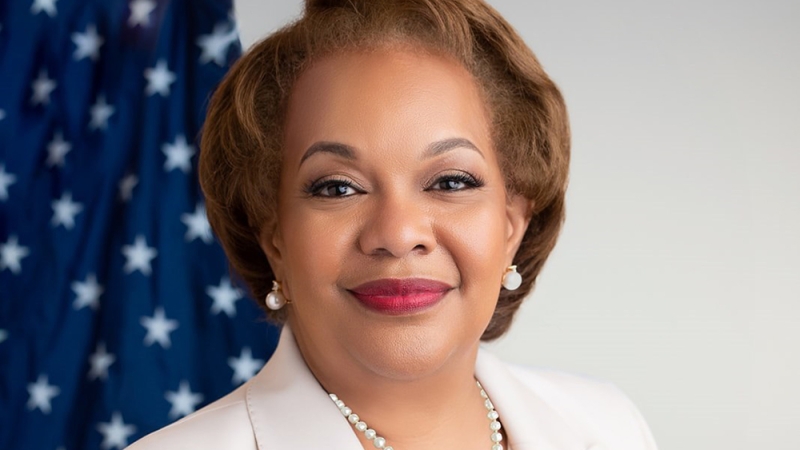
The Great Wealth Transfer In Jeopardy

55% of Millennials are unable to buy property and many say they may never own a home.
Millennials (ages 25 to 44) are planning for their current and future lives, but remain concerned about their ability to build and pass on wealth to future generations, according to Trust & Will, a digital estate planning and settlement platform. The findings come from their annual "Planning Through the Pressure: The Millennial Approach to Estate Planning" study, which evaluates how each generation is financially preparing for the rest of their lives.
Amidst rising prices and interest rates, millennials are scrutinizing their finances more closely than ever before, with 81% acknowledging a heightened awareness of their economic realities. Despite diligent savings efforts, the study found many millennials face barriers to homeownership due to soaring property prices and mortgage rates, compounded by low housing supply.
The study references a great wealth transfer, what experts and economists believe is one of the largest transfers of assets from owners to inheritors in modern history, with an estimated $72.6 trillion expected to transfer between generations. Because 62% of millennials do not have a will or trust, they will have more barriers to a seamless transfer of wealth when the time comes.
More than half (55%) of millennials surveyed, among 52,505 individuals, express frustration at being unable to purchase property due to the housing crisis and interest rates, with many stating they may never own a home. This sentiment poses significant implications for intergenerational wealth transfer.
"There is no simple story to tell regarding the unique financial situation of millennials,’ said Cody Barbo, founder and CEO of Trust & Will. “Our generation as a whole has faced significant headwinds our entire adult lives, starting with the 2008 recession, through the pandemic, and its aftermath. The headlines tell us that a 'Great Wealth Transfer' and inheritance is coming, but most families are still not planning for their future and having these important conversations.”
Millennials also make up, what the study calls, the “sandwich generation,” meaning they are taking care of their children as well as their parents, which also means splitting their money both ways. Overall, 39% of those surveyed say they have had to take on this double duty, and 58% say that being part of the "sandwich generation" will affect their ability to pass on wealth.
Yet, it’s unfortunate, the study notes, that 74% say it's important to them to pass on their wealth. Previous research has consistently shown that having kids is the main reason millennials create estate plans. In 2023, 73% of Trust & Will's millennial members had children.
"The squeeze they feel from nearly every aspect of their life has them putting off the simple planning that would codify their legacy and protect their family's future,” Barbo said. “The sooner millennials — and their parents — normalize talking about end-of-life plans, the easier it will be when the time comes."



